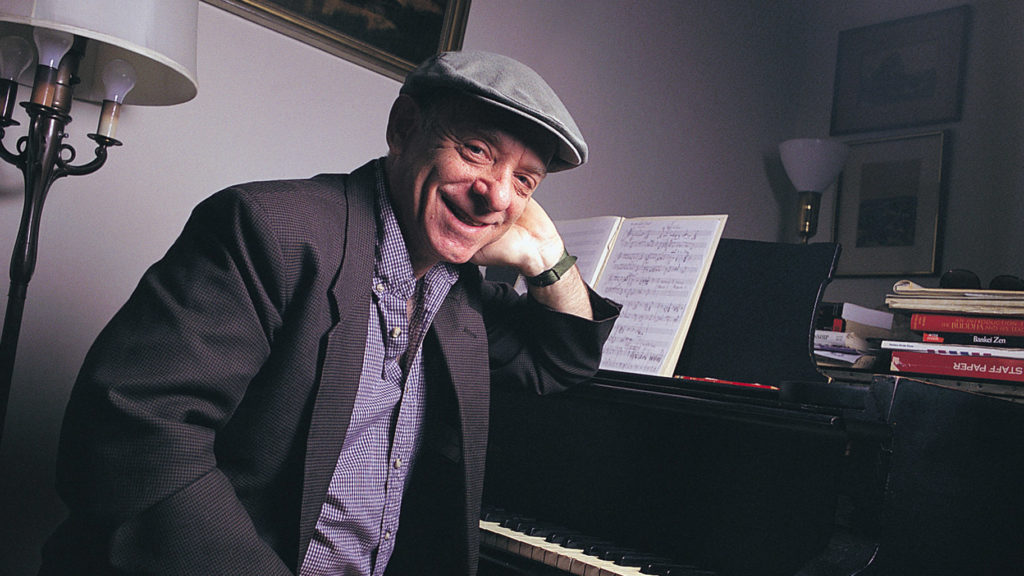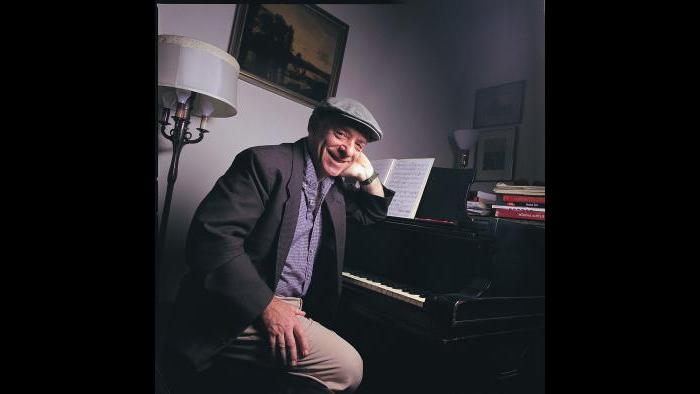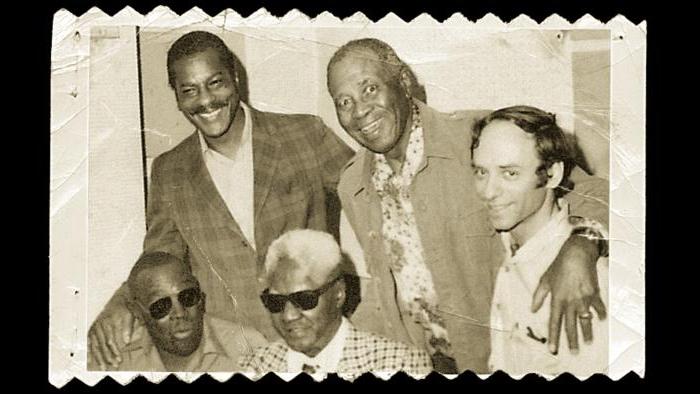When Erwin Helfer and The Chicago Boogie Ensemble take the stage for their virtual CD release concert at Evanston’s Studio 5 performing arts center this Saturday night, there will be more to celebrate than just a new CD.
Helfer and the band recorded the CD in March of 2020, just before COVID-19 turned our lives upside down. But the upheaval for the 84-year-old pianist wasn’t primarily physical or financial — it was psychological.
Two months after that recording session, Helfer would begin a six-month stay in a hospital psychiatric unit.
Helfer has been playing boogie, blues and standards since the 1950s. In 2016 he was given a lifetime achievement award by the Chicago Jazz Institute.
When the pandemic began, Helfer says, he was OK at first. But then the restrictions began to take their toll.
“I couldn’t teach, which is what I love doing the most,” he said. “I couldn’t play, which I love doing. And I couldn’t even walk into the bank. I didn’t know it, but I’d started going into a deep state of depression.
“There’s a Zen saying that your mind can do more damage to you than your worst enemy. And that’s what was happening to me at the time,” he said.
Some people close to Helfer were getting worried.
“I was checking on him once a week in person, and I was calling him every day,” recalls Steven Dolins, who owns Helfer’s label, The Sirens Records, and began taking piano lessons from Helfer when he was 15. “Week after week, things seemed to be going in a bad direction,” Dolins said.
When they feared he might harm himself, Dolins and others intervened and got Helfer’s permission to have him admitted to the psychiatric unit at Rush Hospital.
Helfer credits his recovery to a treatment with a bad reputation: electroconvulsive therapy. But doctors they trusted recommended it, and after nine treatments, Helfer and his friends could tell he was back.
“Normally, Erwin ends our phone calls with ‘Love you’ or ‘Keep being your wonderful and gentle soul’ or something else warm,” Dolins said. “When he was not himself, our calls ended abruptly. I knew he was back when he finished a call with, ‘Take care of your beautiful self.’”
Now eight months later, Helfer says the deep despair has not returned. And what he feels most is gratitude.
“For the friends I have, what they’ve done for me, and for being able to get up in the morning and face a new day,” Helfer said.
“You know, some people have told me I was very brave for telling this story, but I don’t think I was brave at all. I think I owed it to people. There are probably a lot of single, older, depressed people who are living by themselves. They don’t have anything that they can reach out for, or to anchor to. And I just wanted to say it’s possible to do something about it.”
Note: This story will be updated with video.


